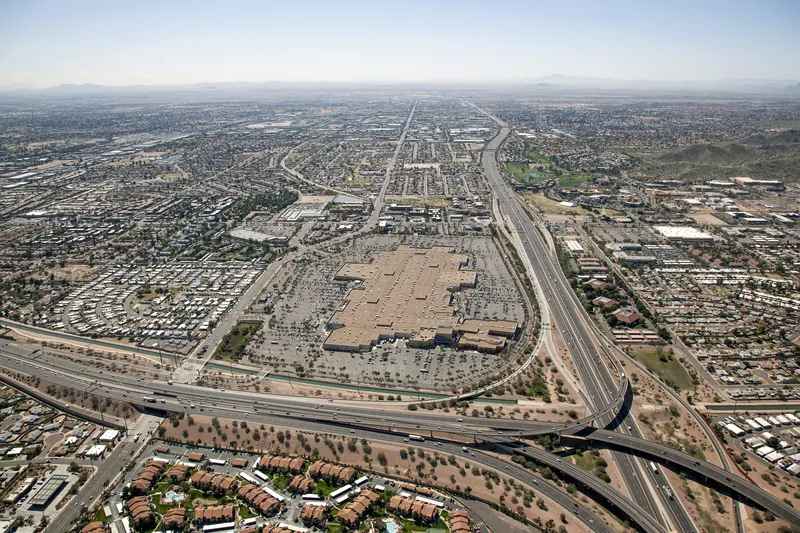On the heels of last week’s announcement that Toyota is putting more boots on the ground in Ann Arbor to study fully autonomous driving and advanced mobility,
Toyota is to partner with the University of Michigan Transportation Research Institute (UMTRI) at the Ann Arbor Connected Vehicle Test Environment (AACVTE) in an operational real-world deployment of connected vehicles and infrastructure.
AACVTE is a real-world implementation of connected vehicle safety technologies being used by everyday driver
April 15, 2016
Read time: 2 mins
On the heels of last week’s announcement that 1686 Toyota is putting more boots on the ground in Ann Arbor to study fully autonomous driving and advanced mobility,
Toyota is to partner with the5647 University of Michigan Transportation Research Institute (UMTRI) at the Ann Arbor Connected Vehicle Test Environment (AACVTE) in an operational real-world deployment of connected vehicles and infrastructure.
AACVTE is a real-world implementation of connected vehicle safety technologies being used by everyday drivers in Ann Arbor and around Southeast Michigan. AACVTE will build on existing model deployment in Ann Arbor, including an upgraded and expanded test environment, making it the standard for a nation-wide implementation.
This research will increase UMTRI and324 US Department of Transportation (US DOT) real-world exploration of connected vehicle technology. The current limitation of connected vehicle testing outside of a closed circuit test tracks is the lack of connected vehicles.
As part of its partnership agreement with UMTRI, Toyota will invite team members and their families to participate in the AACVTE initiative. The Toyota participants will allow their vehicles to be equipped with devices to support accelerated research and deployment of advanced vehicle-to-vehicle (V2V)/vehicle-to-infrastructure (V2I) systems in the region. The goal is to deploy 5,000 vehicles with vehicle awareness devices throughout the Ann Arbor area. The Ann Arbor deployment is one stepping stone toward achieving the US DOT’s vision for national deployment of V2V/V2I vehicles.
Toyota is to partner with the
AACVTE is a real-world implementation of connected vehicle safety technologies being used by everyday drivers in Ann Arbor and around Southeast Michigan. AACVTE will build on existing model deployment in Ann Arbor, including an upgraded and expanded test environment, making it the standard for a nation-wide implementation.
This research will increase UMTRI and
As part of its partnership agreement with UMTRI, Toyota will invite team members and their families to participate in the AACVTE initiative. The Toyota participants will allow their vehicles to be equipped with devices to support accelerated research and deployment of advanced vehicle-to-vehicle (V2V)/vehicle-to-infrastructure (V2I) systems in the region. The goal is to deploy 5,000 vehicles with vehicle awareness devices throughout the Ann Arbor area. The Ann Arbor deployment is one stepping stone toward achieving the US DOT’s vision for national deployment of V2V/V2I vehicles.







